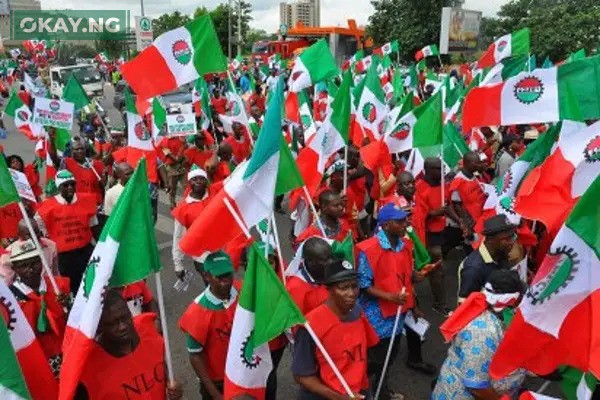Organized labor in Nigeria has embarked on a nationwide strike to demand better wages and improved working conditions.
As the strike unfolds, here are the key updates and answers to frequently asked questions.
1. Why is the Strike Happening?
The strike was triggered by the failure of negotiations between labor unions and the federal government regarding the minimum wage. Workers are demanding fair compensation and an end to exploitative practices.
2. What Does the Strike Entail?
- Scope: The strike affects various sectors, including education, healthcare, transportation, and energy.
- Shutdown of National Grid: The Transmission Company of Nigeria (TCN) confirmed that the labor union has shut down the national grid, resulting in a nationwide blackout.
- Aviation Disruptions: Aviation unions have joined the strike, leading to disruptions at airports.
- Compliance: Workers from multiple unions, including PENGASSAN, NUPENG, and NUT, are participating in the strike.
3. Impact on Citizens
- Economic Disruptions: The strike disrupts economic activities, affecting businesses, schools, and public services.
- Government Warning: The federal government has threatened workers with a six-month jail term if they join the strike.
4. Way Forward
As the strike continues, both labor unions and the government must find common ground to address workers’ grievances. Citizens are urged to stay informed and brace for potential challenges during this period.
Stay tuned for further updates as the situation unfolds across the country. Let’s hope for a swift resolution that benefits all stakeholders.












